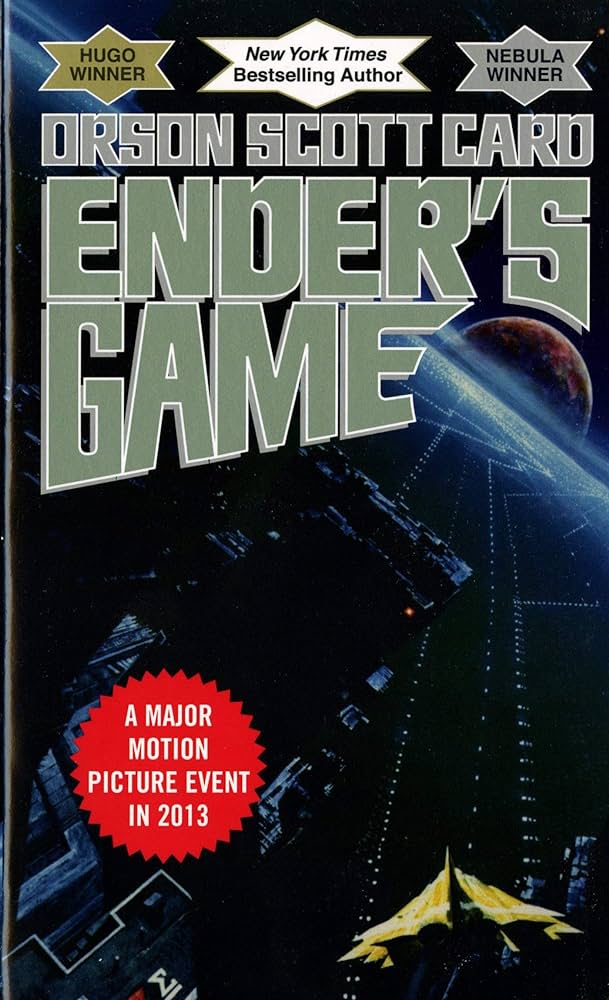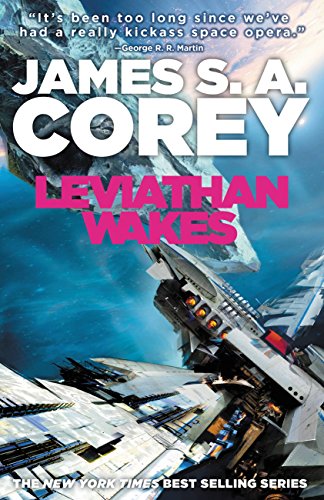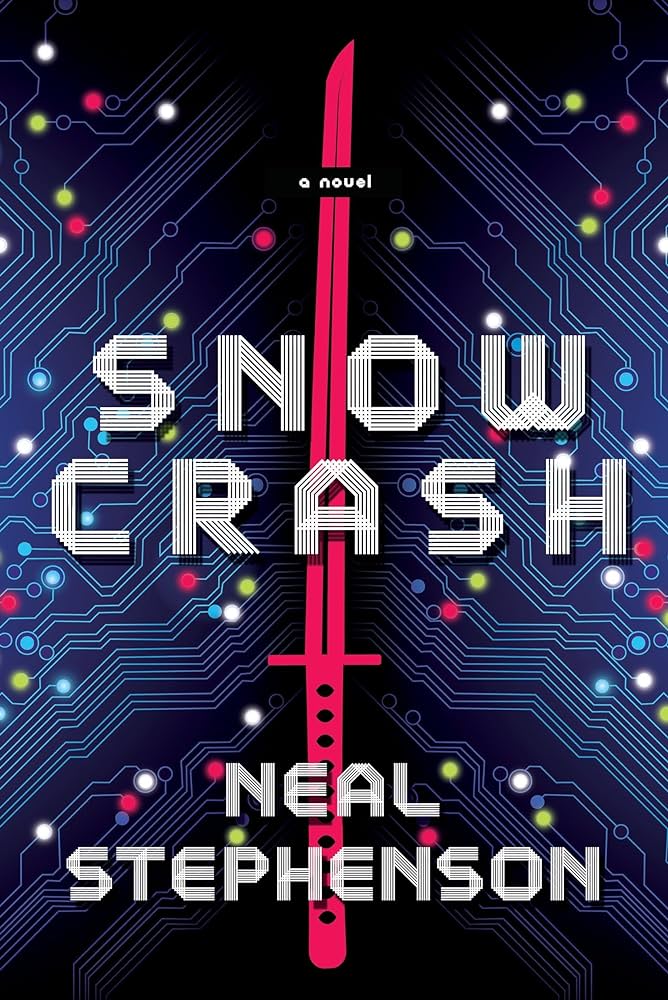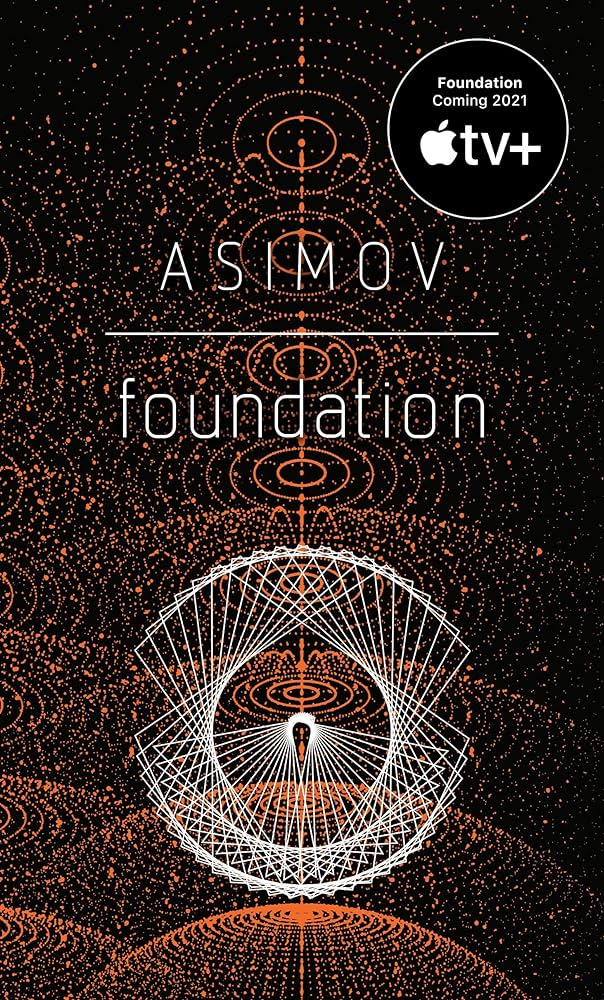 Introduction:
Introduction:
Stepping into the world of “Ender’s Game” by Orson Scott Card was a journey that challenged my perceptions of morality, leadership, and the nature of war. As I navigated the intricate web of political intrigue and interpersonal conflict, I found myself drawn into a world where the fate of humanity hangs in the balance and the line between heroism and villainy is often blurred.
Setting the Stage:
Set in a future where Earth is under threat of invasion by an alien species known as the Formics, “Ender’s Game” follows the story of Andrew “Ender” Wiggin, a young prodigy recruited into the International Fleet’s Battle School. Trained from a young age to become a military genius, Ender must navigate the complex social dynamics of the Battle School and prove himself capable of leading humanity to victory against the Formic threat.
Themes Explored:
One of the novel’s central themes is the nature of leadership and the moral dilemmas that arise in times of war. As Ender rises through the ranks of the Battle School, he is forced to make difficult decisions that test his principles and challenge his understanding of right and wrong. Card explores the ethical implications of using children as soldiers and the sacrifices that must be made in the name of survival, forcing readers to confront uncomfortable truths about the human condition.
Characters and Conflict:
At the heart of “Ender’s Game” are its richly drawn characters, each with their own motivations, fears, and flaws. From the brilliant strategist Ender to the manipulative Colonel Graff, Card populates his universe with a diverse cast of characters whose actions drive the narrative forward. As tensions escalate between Earth and the Formics, Ender finds himself caught in the middle of a power struggle that will ultimately determine the fate of humanity.
Exploration of Strategy:
One of the novel’s most compelling aspects is its exploration of military strategy and tactics. Card meticulously details the training regimen of the Battle School, where students engage in simulations and mock battles to hone their skills as commanders. Through Ender’s experiences in the Battle Room and his interactions with his fellow students, readers are offered a glimpse into the complexities of strategy and the art of war.
Conclusion:
In conclusion, “Ender’s Game” is a gripping and thought-provoking exploration of morality, leadership, and the human capacity for both greatness and cruelty. With its intricate plot, complex characters, and profound themes, Orson Scott Card’s novel continues to captivate readers with its timeless relevance and enduring appeal. As I closed the final pages of “Ender’s Game,” I found myself haunted by its questions and inspired by its vision of a future where the choices we make today shape the world of tomorrow.




